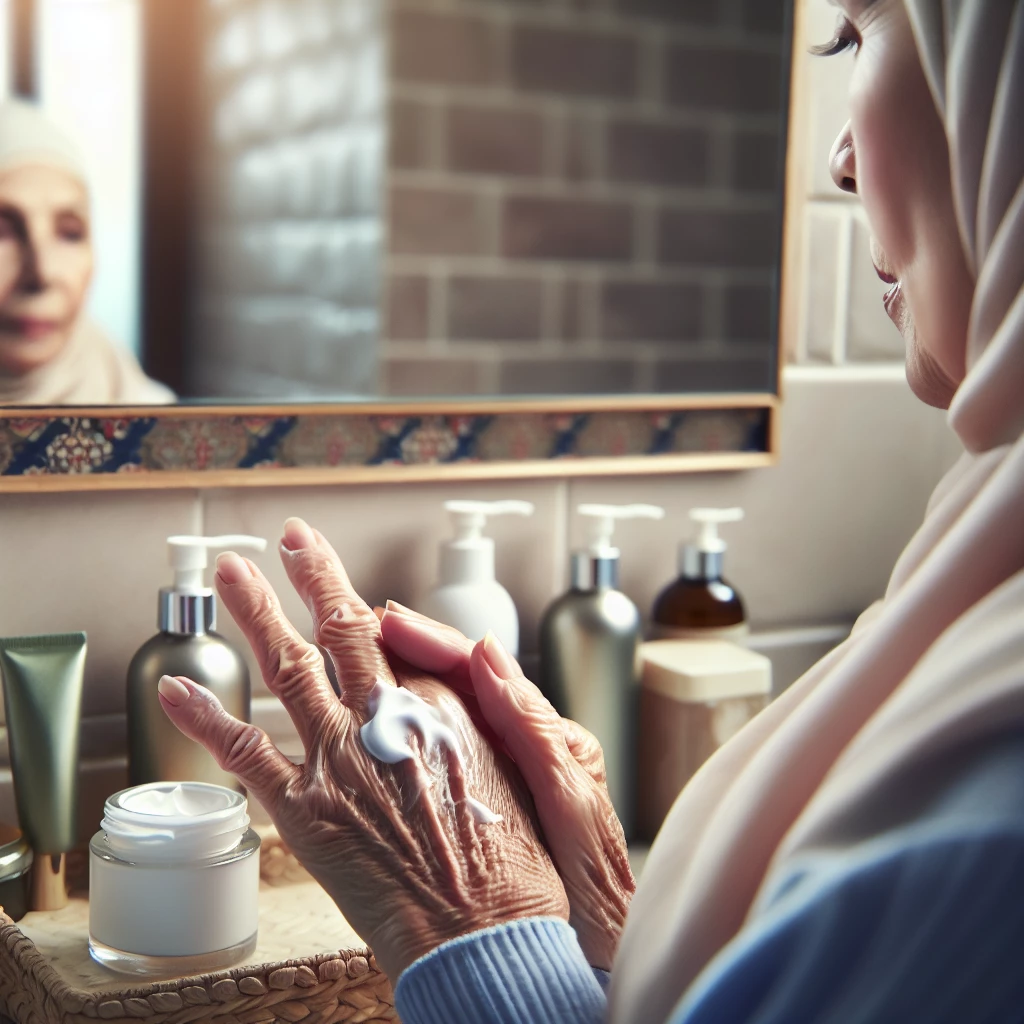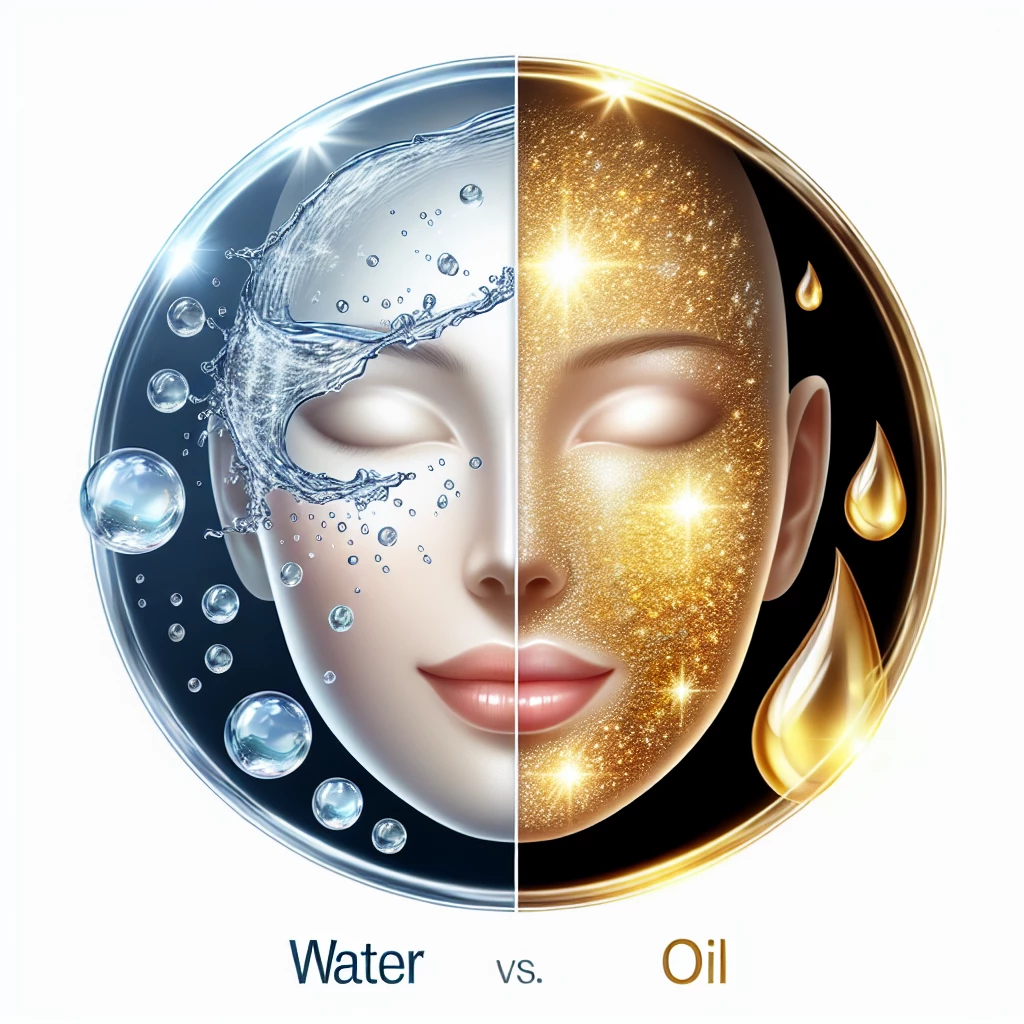Welcome beauty queens! If you're confused about the difference between BB cream and CC cream, you're not alone. In a realm where makeup terms are as vast as a starlit sky, it can be challenging to differentiate between these two products. With this article, we aim to decode the mystery behind them for you. It's important to understand their properties and differences to choose the right one for your skin.
What is BB Cream?
BB, standing for Beauty Balm or Blemish Balm, is a makeup product with a creamy texture. Originating from Germany, it was initially used to protect and provide coverage to patients who had undergone laser skin surgery.
BB creams combine the powers of a moisturizer, primer, SPF and a light foundation. They are an all-in-one product designed to make your makeup routine easier, faster and give you a more natural look.
What sets BB creams apart from regular foundations is their skincare benefits. Not only do they provide coverage, but also nourish the skin, providing anti-aging ingredients, vitamins, and UV protection.
What is CC Cream?
CC Cream, abbreviated as 'Color Correction' or 'Complexion Corrector', is designed to address issues like redness or sallowness. It’s a multitasking formula, much like BB cream, but with the added benefit of color-correcting technology.
While CC cream does provide some coverage, its primary focus is to even out your skin tone, making pigmentation issues less noticeable. This cream can also include skincare ingredients to help with issues like acne or rosacea.
Contrary to what some might think, CC cream is not a heavier version of BB cream. Its texture can actually be lighter and more mousse-like, contributing to a weightless feel on the skin.
BB Cream Vs CC Cream: The Differences
While both products have skincare ingredients and offer coverage, the main difference lies in the role they play in your beauty routine. BB creams are your all-in-one products, while CC creams aim to correct color-related skin issues.
BB creams provide light-to-medium coverage whereas CC creams, while light in texture, offer a tad bit more coverage due to their color-correcting properties.
In terms of skin type compatibility, BB creams are suitable for dry skin as they have more moisturizing components. On the other hand, CC creams work better for oily and acne-prone skin, thanks to their ability to address discoloration.
Who Should Use What?
Choosing between BB cream and CC cream ultimately comes down to your skin concerns. If you're looking for a light foundation with skincare benefits for everyday use, then BB cream is your go-to product.
CC cream is your best bet if you’re dealing with redness, dark spots, or any discoloration and want to have a uniform complexion.
As always, patch-test first and make sure the cream you're choosing suits your skin. It's recommended to consult with a skincare professional before incorporating new products into your routine.
In conclusion, both BB cream and CC cream serve different purposes and have their own benefits. They are great additions to streamline your makeup routine and provide skincare benefits. Remember, the goal is not to cover up but to harmonize your natural beauty. Choose what suits your skin best and embrace your true self!

Age Gracefully: Mature Skin Care
Delve into the changes that come with aging skin and the best practices to ensure its health and vitality.

Vitamins for Victory: Skin Nutrients
Discover the key vitamins that contribute to skin health and the best ways to incorporate them into your skincare routine.

Exfoliation 101: Clearing the Surface
Dive into the process of exfoliation, uncovering its benefits and learning how to properly exfoliate for brighter, smoother skin.

Skin Hydration: Water vs. Oil
Get insight into the importance of hydration in skincare routines and understand the difference between water-based and oil-based products.
